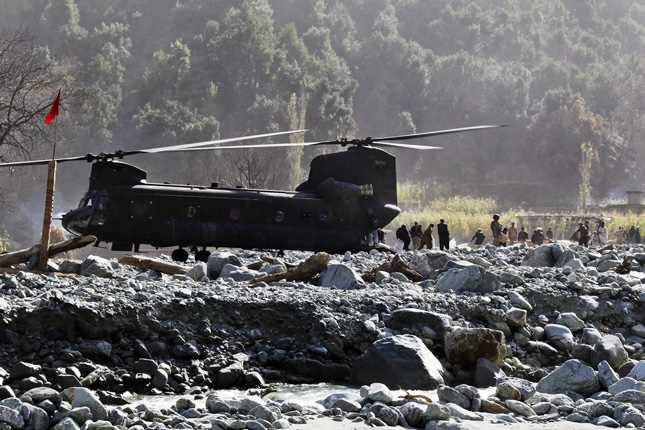-
Geoffrey Dabelko, The Cipher Brief
Sorting Through the “Water Wars” Rhetoric in South Asia
July 22, 2016 By Wilson Center Staff
The eye catching headlines are familiar. “Water Wars” are imminent or already underway in the latest drought or dam-building hotspot. Such “wars” often extend to farmers battling over irrigation diversions, but at times countries are the players. Senior leaders are often quoted suggesting transboundary water theft constitutes a casus belli. Security officials are obliged to investigate.
South Asia, with its hundreds of millions dependent on some of the world’s largest rivers, is not immune to these glaring headlines and concerns. Intense development and water demand along shared rivers among security heavyweights Pakistan, India, and China present a jumble of upstream downstream dynamics contributing to security concerns.
What should security-minded observers keep in mind when trying to go beyond the specific details of tensions on the Brahmaputra, Ganges, and Indus? What do we know about transboundary water conflict and cooperation in the past and are those patterns likely to extend into the future?
Continue reading on The Cipher Brief.
Geoffrey Dabelko is a senior advisor to ECSP and director of environmental studies at Ohio University’s Voinovich School of Leadership and Public Affairs.
Sources: The Cipher Brief.
Photo Credit: The U.S. Army provides flood relief in Kohistan, Pakistan, October 2010, courtesy of Jason Bushong/U.S. Army.
 A Publication of the Stimson Center.
A Publication of the Stimson Center.



